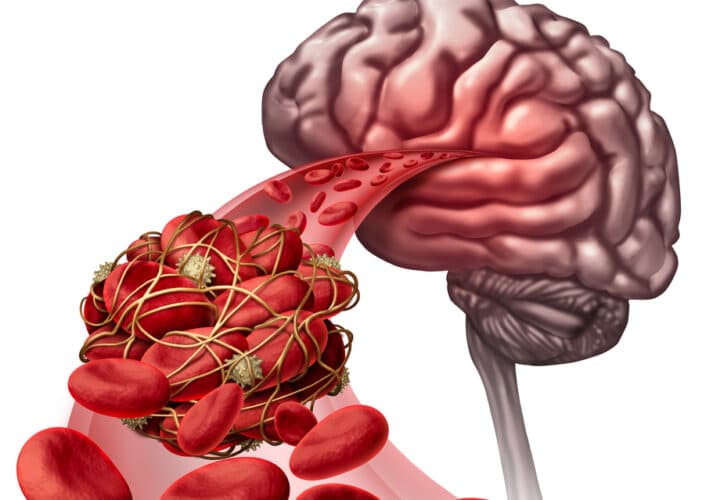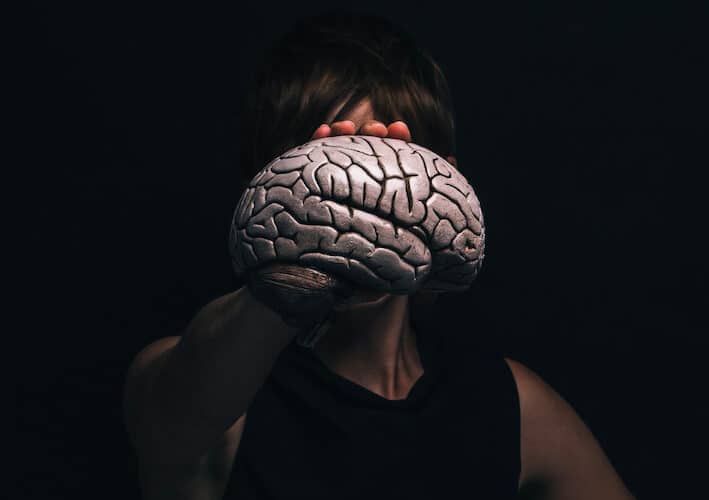If you needed more motivation to get moving in the new year, a new study provides more evidence that exercise can help keep your brain healthy and functional, and possibly keep dementia and Alzheimer’s at bay.
In a new study out of the German Center for Neurodegenerative Diseases, researchers found that people who actively took part in cardiorespiratory exercise — like walking, running, hiking or biking — showed improved brain health, particularly when it came to brain volume and grey matter.
The Brain’s ‘Grey Matter’
The brain can typically be divided into gray matter and white matter. Gray matter — also known as the substantia grisea — includes tissue in the brain and spinal cord that is made up of cells, while white matter is made up of nerve fibers.
The brain’s grey matter tends to be associated with cognitive skills depending on how big or small it is. The smaller the grey matter of the brain, the more likely a person is to suffer from cognitive impairment. In people with Alzheimer’s, grey matter often shrinks over time.
Grey matter is important because it’s associated with memory, emotions, muscle control, speech and decision-making, among plenty of other functions.
Cardio for the Brain
The latest study examined 2,013 participants from northeastern Germany, who were tested from 1997 through 2012. Researchers measured participants’ cardiorespiratory fitness, including peak oxygen uptake, while they worked out on an exercise bike. They also used MRIs to measure the brain.
Cardio exercise showed to be effective in preserving the brain’s gray matter, preventing the brain’s shrinking that often comes with aging or neurodegenerative diseases. The data also hinted that exercise may delay cognitive aging and possibly dementia, even among older people over the age of 65.
“If some of these aging changes could be counteracted by lifestyle changes, this would send a positive message to older individuals,” the authors wrote.
“This is another piece of the puzzle showing physical activity and physical fitness is protective against aging-related cognitive decline,” Dr. Michael Joyner, an anesthesiologist and physiologist at Mayo Clinic, said in a news release.
“There’s already good epidemiological evidence for this, as well as emerging data showing that physical activity and fitness are associated with improved brain blood vessel function,” he added.
In addition to maintaining a cardiorespiratory schedule — such as incorporating 150 minutes per week of running or cycling — the authors of the editorial suggest maintaining several other lifestyle adjustments as a supplement. Those include not smoking, eating healthy, staying at a healthy weight, managing blood pressure and lowering blood sugar if you’re at a risk of type 2 diabetes.
Indeed, past studies have found a link between high blood pressure and an increased risk of dementia, as well as a connection between blood sugar levels that are too high or low and dementia.
Because there are currently no drugs or treatments for Alzheimer’s approved in the U.S., most experts encourage lifestyle changes as the best way to fight the disease. Exercise and diet changes have sufficient evidence behind them to actually boost brain function. One recent study found that with lifestyle changes, up to one-third of dementia cases could be prevented.
The key to those lifestyle changes may be precision medicine — where doctors will be able to tailor a treatment plan based on a person’s genetic makeup. That could include a specialized, healthy diet as well as a physical activity plan.





